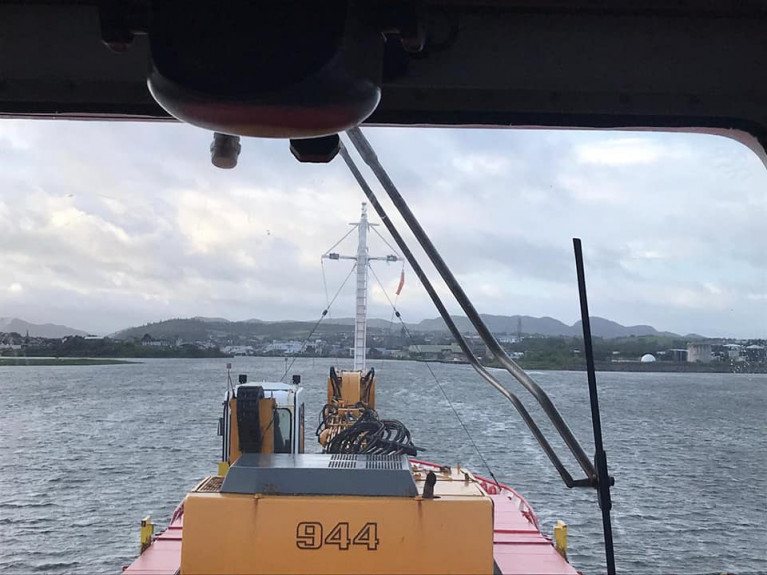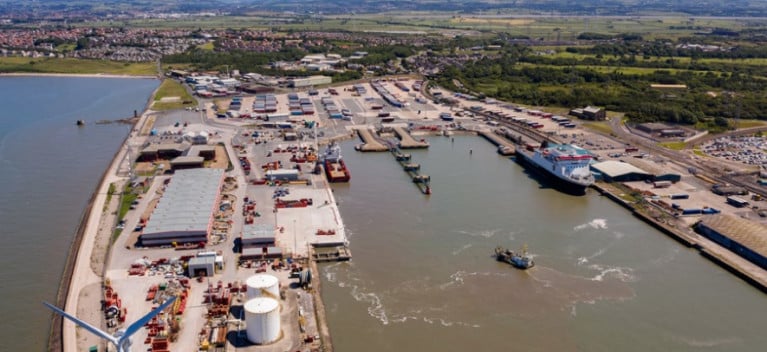Displaying items by tag: Silting
There are fears for the future of Sligo harbour (a commercial port) after it was revealed on Monday that it is full of sludge which would cost millions of euro to clear, money that’s not available and dredging is not viable to do according to a report.
Councillor Declan Bree told the monthly council meeting that he was astonished and dismayed when he read the dredging report on Sligo Harbour which was recently presented to members of the Harbour Advisory Committee.
The report states that last year’s underwater surveys show silt volumes at the quays have nearly doubled since the last survey in 2011 – from 5,500cu m to 9,600cu m.
“It states that because of the increased volumes of silt a new ‘Dumping at Sea’ permit will be required. It points out that the Foreshore Licence for dredging which was granted to the Council in 2014 is now expired and it says that an application for a new license will take at least 18 months to prepare and will cost in the region of €100,000 in consultants fees, studies and site investigations.
“It states the full dredging of the harbour and navigation channel would cost close to €10 million, and a reduced dredging scheme for a turning circle and a short length of the channel would cost just under €2 million.
Much more reports The Sligo Champion on the north-west port.
Silting Issues at Heysham Sees Dredging Resolve for the Time Being
The issues surrounding silting in the Irish Sea ferry port of Heysham appear to have been resolved.
Last week, the Minister for Infrastructure, Tim Crookall MHK , spoke with the Isle of Man Steam Packet Company regarding the problems that plagued the port over the last few weeks.
Silt build-up in the harbour affected several sailings between Christmas and New Year.
Journey departure times were moved around as the Packet made changes after reading the depth chart report at Heysham.
IOM Today has more on the north-west English port.

























































